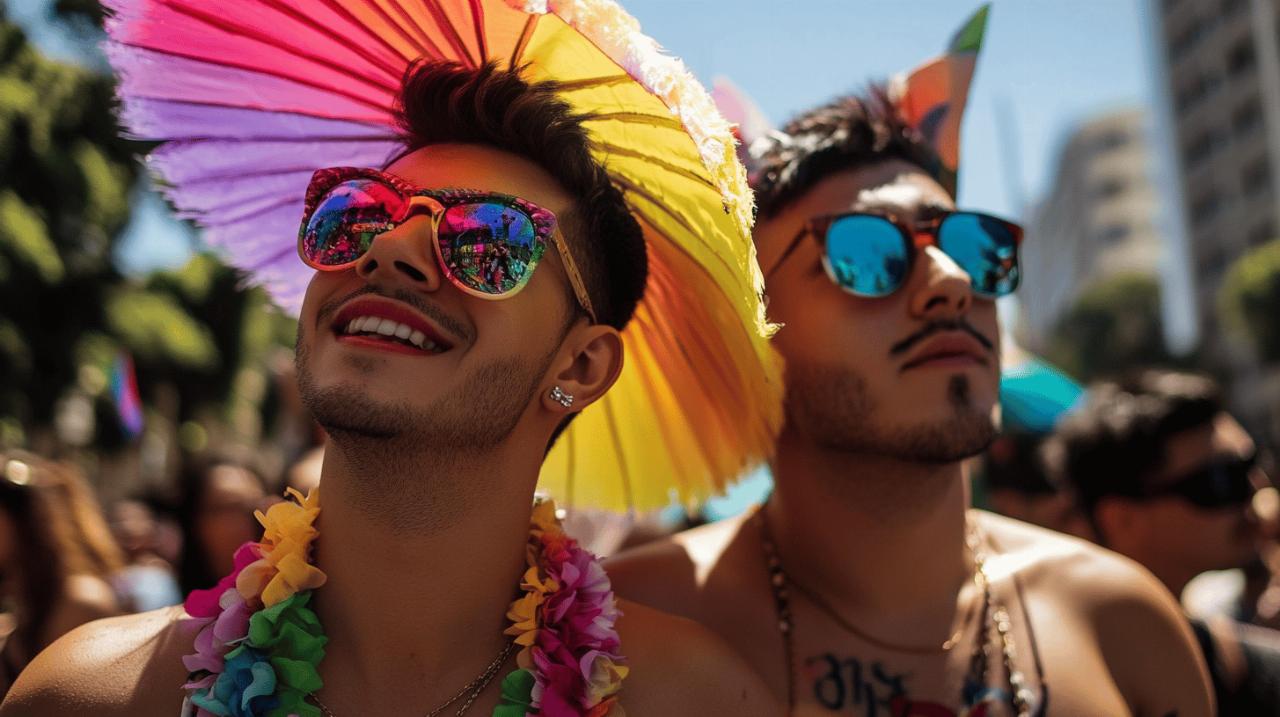The Historical Evolution of LGBTQ+ Rights in Buenos Aires
Buenos Aires stands today as a beacon of LGBTQ+ acceptance in Latin America, but this wasn’t always the case. The vibrant scenes we witness now have emerged from decades of struggle and resilience. According to Walkabout Travel, the Argentinian capital has transformed dramatically from its darker days during the military dictatorship when queer nightlife operated in secretive underground venues. This metamorphosis represents one of the most remarkable social evolutions in South American history, positioning Buenos Aires as a premier destination for LGBTQ+ travelers worldwide.
From military dictatorship to becoming a Latin American pioneer
The journey toward LGBTQ+ acceptance in Buenos Aires has been hard-fought. During the military dictatorship that ruled Argentina from 1976 to 1983, the queer community faced severe persecution, forcing many to hide their identity or gather in clandestine spaces. Once democracy was restored, the community gradually found its voice. This culminated in a watershed moment in 2010 when Argentina became the first Latin American country to legalize same-sex marriage, establishing itself as a regional trailblazer for LGBTQ+ rights. Just two years later, the country enacted progressive gender identity laws that further cemented its reputation as a progressive haven.
Key milestones in the Argentinian LGBTQ+ rights movement
The Argentinian LGBTQ+ rights movement traces its roots back to 1967 with the founding of Nuestro Mundo, the first rights group in the country. However, it was Carlos Jáuregui who led the inaugural Pride march in 1992, which attracted just 300 brave participants. Fast forward to the present day, and the annual November Pride parade draws crowds of around 200,000 people, beginning at the iconic Casa Rosada. Another significant milestone came in 2017 with the opening of Carlos Jáuregui Station, a subway stop that honors this pioneering activist and serves over 300,000 daily commuters, making his legacy part of everyday city life.

Buenos Aires as latin america’s LGBTP+ capital
Often called the Paris of South America for its European architectural influences, Buenos Aires has developed its own unique queer culture that blends traditional Argentinian elements with modern LGBTQ+ expressions. The city pulses with inclusive events year-round, though unlike the June celebrations common in the Northern Hemisphere, Buenos Aires holds its main Pride March on the first Saturday of November. This distinctive timing allows the city to showcase its unique approach to LGBTQ+ visibility and celebration.
The significance of Palermo and San Telmo neighbourhoods
Certain districts within Buenos Aires have become particularly important to the LGBTQ+ community. Palermo stands out as the hip epicenter of gay nightlife, filled with trendy eateries, vibrant street art, and numerous venues catering to the community. Spots like Peuteo and Fiesta Jolie attract diverse crowds, while specialized parties like Rose Girls create spaces specifically for queer women. San Telmo, with its historic charm, offers a different experience, particularly through its Milonga Queer tango nights where traditional gender roles in dancing are beautifully subverted. Recoleta completes this triumvirate of queer-friendly neighborhoods with its elegant cafés that once hosted queer intellectuals like Federico García Lorca.
Annual Pride events that transform the city
While International Pride Day on June 28th commemorates the Stonewall Riots globally, Buenos Aires marches to its own rhythm with its main Pride celebration taking place in November. What began as a small gathering of 300 people in 1992 has evolved into a massive cultural phenomenon that transforms the cityscape with rainbow flags and joyous celebrations. Beyond Pride, the city offers a rich calendar of LGBTQ+ cultural events throughout the year. Casa Brandon, an LGBTIQ+ Cultural Center operating since 2005, hosts regular performances and exhibitions. The city also boasts inclusive sporting groups like Dogos Natación and Yacarés BA Civil Association, which celebrate their 10th and 5th anniversaries respectively, providing safe spaces for community members to engage in athletic pursuits.
The connection between queer culture and tango deserves special mention. Originally, this passionate dance form defied gender norms, with men often dancing together before it became standardized as a heteronormative performance. Today, spaces like La Marshall and various Milonga Queer events reclaim this heritage, allowing dancers to lead or follow regardless of gender. This revival of tango’s queer roots perfectly symbolizes how Buenos Aires honors its past while embracing an inclusive future, making it truly deserving of its status as Latin America’s LGBTQ+ capital.
